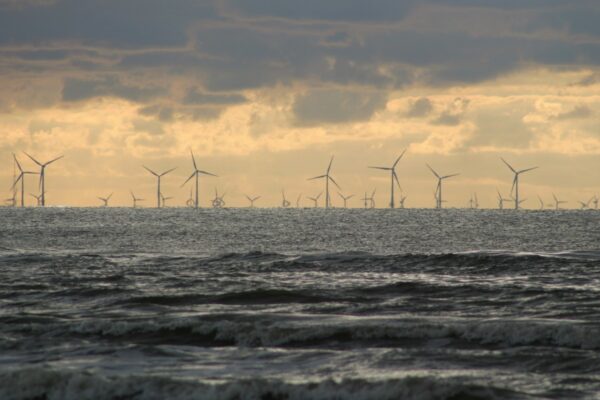The Seabed User and Developer Group (SUDG) brings together the majority of UK marine industries, including renewable energy, marine aggregates, ports, subsea cables, recreational boating and marinas, oil and gas, nuclear energy, and carbon capture storage and utilisation.
The group has written to three Secretaries of State to state they do not recommend moving away from environmental legislation such as the Habitat Regulations and the Environmental Impact Assessment Regulations, which are well established and well understood.
The SUDG believe that considerable improvements could be made to the length and complexity of the consenting process, the time it takes to reach a decision and the bureaucracy associated with gaining consent, but that most improvements could be achieved by better implementation of the existing legislation rather than widespread planning reform.
In the letter, concerns are raised about reform in England, and that it could inadvertently add greater complexities and delays to delivering marine developments, increasing the risks of unintended consequences that may actively work against ambitions for green growth and nature recovery.
The SUDG wants the focus to be on:
- Improving existing legislation through better and more consistent implementation;
- Undertaking an appropriate root cause analysis of delays in the consenting regimes;
- Streamlining licencing applications and environmental assessment through:
- ensuring sufficient and competent resource is maintained within statutory advisors and regulators, which will in turn encourage more timely and less risk averse decision making; and
- increasing the number of self-service applications and increasing the length of licences for ongoing maintenance
The SUDG supports any re-examination of existing legislation to clarify its purpose, reduce unnecessary delays and to assist in making it more proportionate. Their letter references the work of the Offshore Wind Acceleration Task Force, which is focussed on speeding up an over burdened consenting process. The SUDG welcomes this work and looks forward to the benefits it should deliver, but to avoid creating different consenting pathways and considerable confusion for marine sectors, they consider it essential that any changes are applied to all marine industry licensed activities and not just offshore wind or other similar NSIP projects with a marine interest.
The letter to Ministers Gove, Coffey and Shapps concludes by saying: “While regulatory reform may appear attractive, we believe a disproportionate amount of time, effort and resource would get re-directed to inward looking processes, both within industry and regulators. This would not help, at a time when the priority should be on delivering more wind energy and supporting green growth more generally.”
The full letter from the Seabed Users Development Group to the Secretaries of State can be read here.
